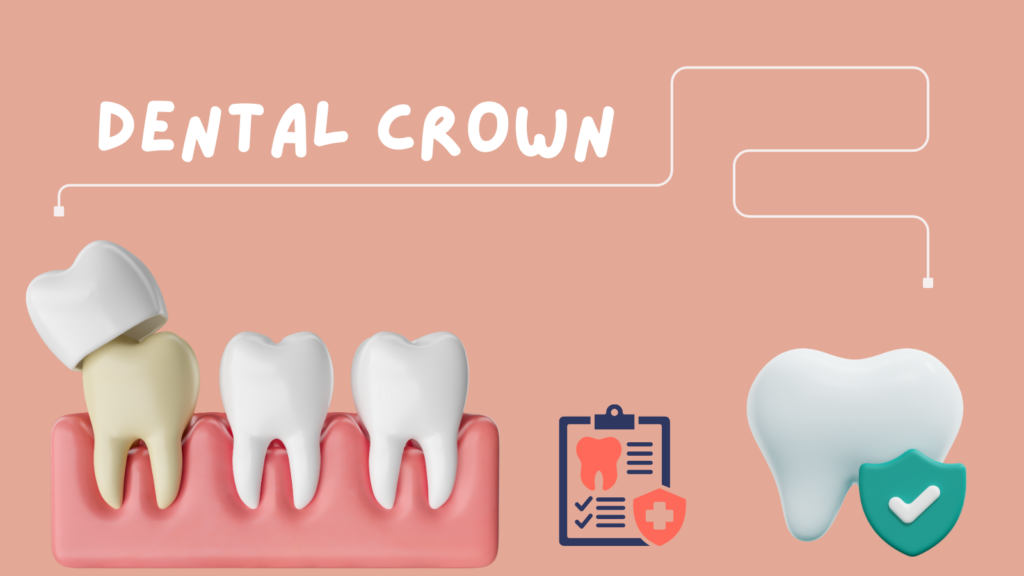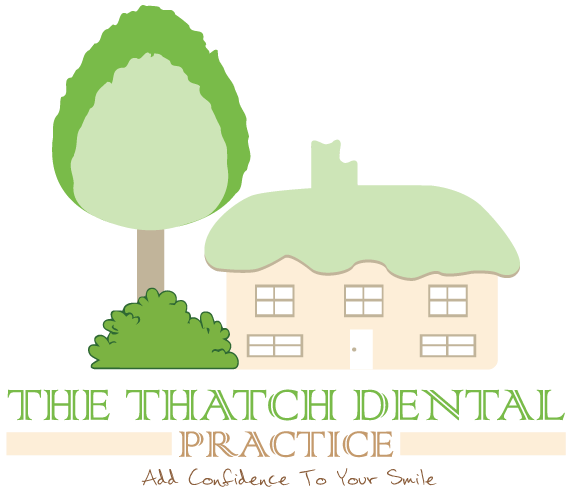
Issue: Uncertainty Surrounding Dental Crowns and Their Expenses
You’ve been advised that you require a dental crown. Naturally, the foremost question that arises is:
How much will it set you back? Dental crowns play a crucial role in both restorative and aesthetic dentistry, yet the pricing can seem daunting.
From the selection of materials such as zirconia to concerns over their longevity, many individuals are left in the dark about the true value of their investment or the reasons behind the price differences.
Frustration: Grasping the True Value of Dental Crowns
You might ponder:
- Is it worth the investment in a dental crown?
- What if the crown fails to meet my expectations in terms of longevity?
- How do I weigh the pros and cons of materials like zirconia, porcelain, or metal crowns?
Lacking the necessary information, you might put off treatment, which could lead to more costly and complex procedures such as root canals. Let’s delve into everything you need to know, from the basics of what a dental crown is to the specifics of dental crown costs in the UK and around the globe.
What Is a Dental Crown?
A dental crown is a cap that resembles a tooth, which is fitted over a tooth that is damaged, decayed, or has lost its natural color, to bring back its strength, form, and ability to work. Dental crowns are typically suggested in these cases:
- When a tooth has undergone a big filling and the structure of the tooth is weakened.
- After a root canal procedure to safeguard the tooth.
- For aesthetic purposes, like hiding a tooth that is misshapen or discolored.
How Does a Dental Crown Work?
A dental crown serves as a protective barrier. Let’s explore the procedure:
Tooth Modification: Your dentist will reshape the tooth, eliminating any decayed or compromised sections to accommodate the crown.
Mold or Scan Creation: A mold or digital image of your tooth is captured to produce a crown tailored to your needs.
Crown Installation: After the crown is made, it is affixed to the modified tooth, restoring its form, strength, and ability to function.
Research studies underscore the benefits of dental crowns for oral health. For instance, individuals who opted for zirconia crowns following a root canal experienced longer-lasting and more robust results than with other materials.
Dental Crown Costs Explained
The price of a dental crown depends on several elements:
Material: Zirconia crowns are usually more costly than those made of porcelain fused to metal.
Dentist Skill: A dentist with special skills or a lot of experience might have higher fees.
Geographical Area: The cost can differ greatly from one place to another. For instance, if you visit our The Thatch Dental Practice located in bury st edmunds then you will see the price rates somethings like this
Crowns |
|
Core Build-up | From £155 |
Porcelain Bonded Crown | From £790 |
Zirconia Crown / Emax | From £990 |
Re-cementation | From £85 |
Temporary Crown | From £95 |
Inlay/Onlays Gold | From £1100 |
Dental Crowns Before and After: Real-Life Success Stories
Many individuals witness remarkable changes after getting dental crowns. Let’s look at an example to demonstrate:
Before: A person with a broken molar felt pain when eating and noticed the tooth looked discolored.
After: A zirconia crown fixed the tooth’s look and work, getting rid of the pain. Three years have passed, and the crown remains in perfect condition.
Images frequently showcase how crowns match up perfectly with natural teeth, offering both looks and practical advantages.
Zirconia Crowns: The Advantages of Zirconia
Zirconia is a favored option for dental crowns because of its:
Durability: It can handle the pressure of biting and chewing more effectively than porcelain.
Biocompatibility: It causes fewer allergic responses than crowns made from metal.
Natural Appearance: It closely resembles real teeth, particularly when it’s translucent.
Patients who have crowns made from zirconia often need fewer replacements, which lowers the overall expense over time.
Dental Crowns: How Long Do They Last?
The durability of a dental crown is influenced by:
Material: Crowns made of zirconia are the most durable, often lasting over 15 years.
Dental Care: Consistent brushing and flossing help prevent decay around the crown edges.
Habits: Steering clear of behaviors such as teeth grinding and eating ice can increase the crown’s durability.
On a general note:
- Crowns made of porcelain can last between 5 to 10 years.
- Crowns made of metal or gold can last 15 years or more.
- Crowns made of zirconia usually have a lifespan of 10 to 15 years or more.
Summary
Gaining insight into the price of dental crowns is essential for making smart choices regarding your dental well-being. By looking into alternatives such as zirconia and taking into account aspects such as durability and appearance, you can discover a fit that aligns with your financial situation and requirements. Whether it’s for safeguarding a root canal or improving the look of your teeth, dental crowns provide enduring advantages when applied properly.








